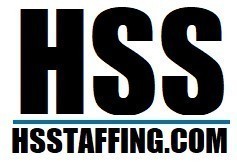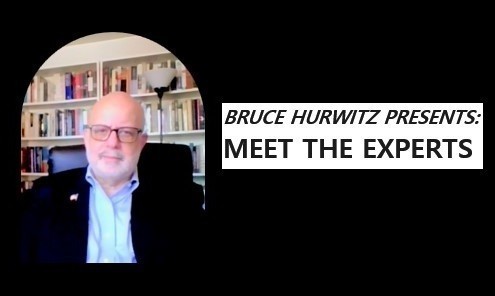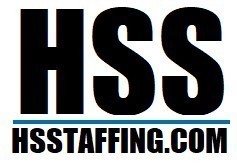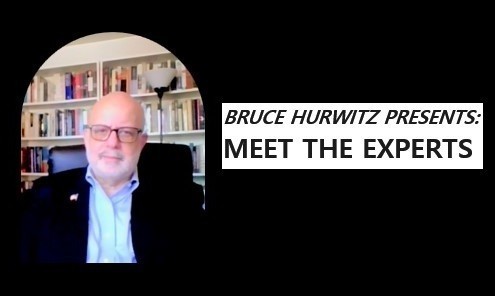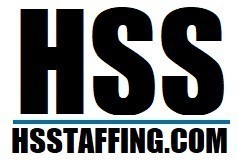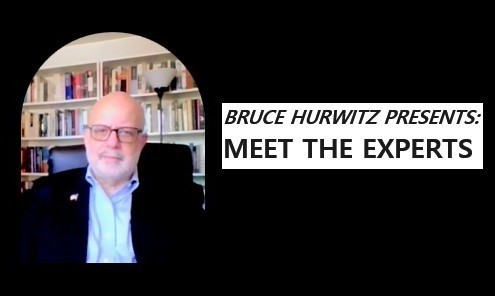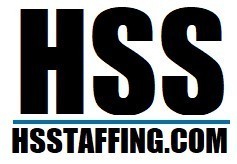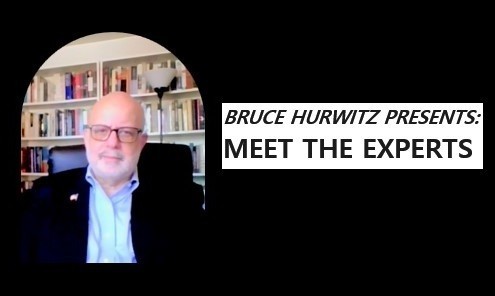This is the third in a series of eight articles geared towards recruiters but which provide important insights for job seekers.
It is not true that you only get one chance to make a good first impression. At least that is the case when you are meeting someone in person or online. An error or an embarrassment can be undone. Self-deprecating humor can sometimes be a solution. As long as the candidate does not make a big deal out of the faux pas, they probably will survive to humiliate themself some other time!
But it is true that applicants only get one chance to make a good first impression when it comes to their resume. They are not there to explain whatever problem the recipient of the resume is having. The recipient will draw their own conclusions and if they are negative, the applicant will never hear from the employer. This is how recruiters should “read” resumes.
It’s simple: If the resume is sloppy, the conclusion is that the applicant is sloppy. If the resume is a mess, the applicant must be a mess. If the resume is confusing, the applicant must be confused. No one hires people who are sloppy, messy and/or confused. Applicants have to get the resume right the first time.
Let’s begin at the beginning. As the song says, “it’s a very good place to start.”
The resume should begin with the applicant’s real name, not a nickname. If they have a “non-American” first name, and use an Americanized name, it should be included in brackets after their real name. It’s a considerate thing to do, as is placing, in brackets, after the first name, its phonetic pronunciation. Any academic or professional certifications (MBA, PhD, CPA, etc.) should appear after the name. If it’s relevant for the job, it should be front and center.
The contact information must be correct. If the phone number or email is wrong, the applicant should not expect to get an interview.
The applicant’s city and state of residence should be included. (No one needs to know the applicant’s street address.) This way the employer can decide if the applicant is in commuting distance of the job. Many a time, applicants honestly believe that they can cope with a difficult commute. The employer knows better because in the past they mistakenly hired one of the applicant’s neighbors who quit after a short period of time because of the commute.
Lastly, in this section, should appear the applicant’s LinkedIn URL. It should be “clean,” meaning very few hyphens or numbers. If it is the default URL, it is a sign that the applicant does not know how to use LinkedIn. Also, the hyperlink should be eliminated as some Applicant Tracking Systems can’t read them.
It is very important that the software formatting tools be used. For example, if the applicant manually centered their name and contact information on the page, and then claim to know Word, their credibility will evaporate.
Now comes the fun part. The applicant should not waste the employer’s time. They don’t care what the applicant’s objective is. If it is anything other than applying for the job for which they are applying, they shouldn’t apply! Employers also don’t care about what the applicant thinks of themself, so the personal/professional statement, along with the “Objective,” should not be included.
The only things employers are interested in is what the applicant can do for them, if they can keep a job, and if there is something special, even unique, in their background.
To let them know what they can do for them, applicants should begin their resume with the accomplishments they have had at their previous and current jobs. A simple bullet list is all that is needed.
By including the dates (years or months and years) when they worked for the various employers, prospective employers will know if they can keep a job. Everyone can have one or two short-term employments, but if there is a pattern there is a problem.
As for what makes an applicant special or unique, first and foremost having served in the military will appeal to most employers. Then there are media citations, publications and speaking engagements. Anything that shows that other people think their opinions and work are valuable should be included. Many employers want employees who are community minded. Listing volunteer activities can secure a job interview, but listing any political or controversial groups should be avoided. It can be an excuse for not interviewing an applicant.
In conclusion, a resume should be clean, neat, simple to understand, and answer key employer questions before they are even asked.

While we work with everyone, our mission is to promote the hiring of veterans and first responders. Please consider us for all your staffing, career counseling and professional writing needs.

I am delighted to be associated with SourceOwls. Have a challenging job to fill? Looking for a team of recruiters? Look no further. Click here!

ARE YOU AN EXPERT IN YOUR FIELD? THEN I INVITE YOU TO BE A GUEST ON MY INTERNATIONAL PODCAST, BRUCE HURWITZ PRESENTS: MEET THE EXPERTS. FOR COMPLETE DETAILS, TO APPLY AND TO SCHEDULE AN INTERVIEW VISIT: https://hsstaffing.com/video-podcast
Future Articles:
- Strategic Approaches to Job Selection and Avoidance
- The Crucial Role of Interview Preparation in Candidate Placement
- Thoughtful Debriefing with Candidates
- Cultivating Advisor Relationships with Premier Candidates
- Efficient Candidate Vetting
- References
- You Accept One Job and Another is Offered
- LinkedIn’s SSI




